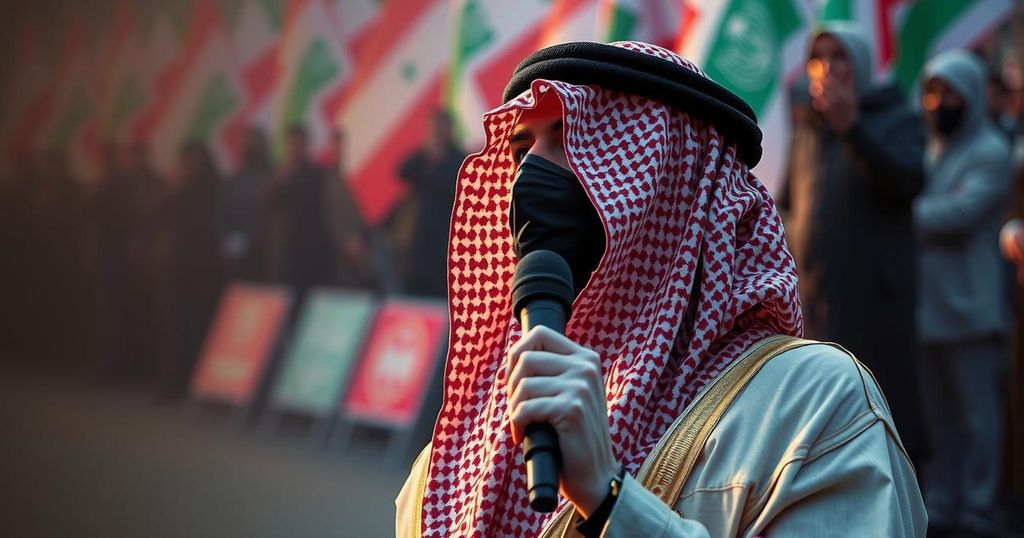Saudi Arabia executed six Iranian men for drug smuggling, prompting strong protests from Iran. The executions were carried out following the Supreme Court’s denial of their appeals. Iran has summoned the Saudi ambassador to express condemnation and plans to send a delegation to Riyadh for discussions, viewing the executions as a setback to judicial cooperation.
On Wednesday, Saudi Arabia executed six Iranian nationals for their involvement in drug smuggling, which has incited a vehement response from the Iranian government amid ongoing diplomatic efforts to mend ties between the two nations. The Saudi Interior Ministry confirmed that these individuals were found guilty of trafficking hashish into the kingdom, with their executions following the Supreme Court’s dismissal of their appeals.
The timing of these executions remains unspecified; however, the Saudi government justified its actions as essential measures to uphold Islamic law and protect its citizens from the dangers posed by narcotics. This incident has escalated tensions, prompting Iran’s Foreign Ministry to summon the Saudi ambassador to express their condemnation. Iranian official Mojtaba Shasti Karimi criticized Saudi Arabia for the lack of prior notification regarding the executions, labeling them “unacceptable under any circumstance.” Furthermore, Iran has declared its intention to dispatch a delegation to Riyadh for discussions on the matter. According to Karimi, these executions represent a significant setback to the efforts of judicial cooperation between the two nations.
This episode occurs against a backdrop of fluctuating relations between Saudi Arabia and Iran, two regional powers with a history of rivalry. In recent years, both countries have shown a willingness to engage in dialogue to ease tensions and foster collaboration. However, incidences such as this present formidable challenges to those diplomatic aspirations. The area of drug trafficking remains a critical issue for both states, as they navigate the complexities of regional security, law enforcement, and the rule of law in an increasingly interconnected environment.
The relationship between Saudi Arabia and Iran has long been characterized by historical grievances and geopolitical competition. Both nations have struggled to forge a cooperative relationship, often engaging in proxy conflicts and diverging policies. The recent executions of the Iranian nationals for drug smuggling further complicate these dynamics and highlight the ongoing tensions over legal principles, human rights, and regional stability. These developments occur against the wider backdrop of international concerns regarding drug trafficking and its implications for security and health in both countries. In light of efforts to restore diplomatic relations, such events threaten to undo progress made toward reconciliation.
In summary, the execution of six Iranian men by Saudi Arabia for drug smuggling has elicited sharp condemnation from Iran and poses significant challenges to the ongoing attempts to improve diplomatic relationships. The Iranian government’s reaction underscores its concerns about judicial cooperation and highlights the complexities that both nations face in addressing drug-related issues. This incident serves as a reminder of the fragile nature of regional diplomacy in the context of pressing domestic and international challenges.
Original Source: themedialine.org






